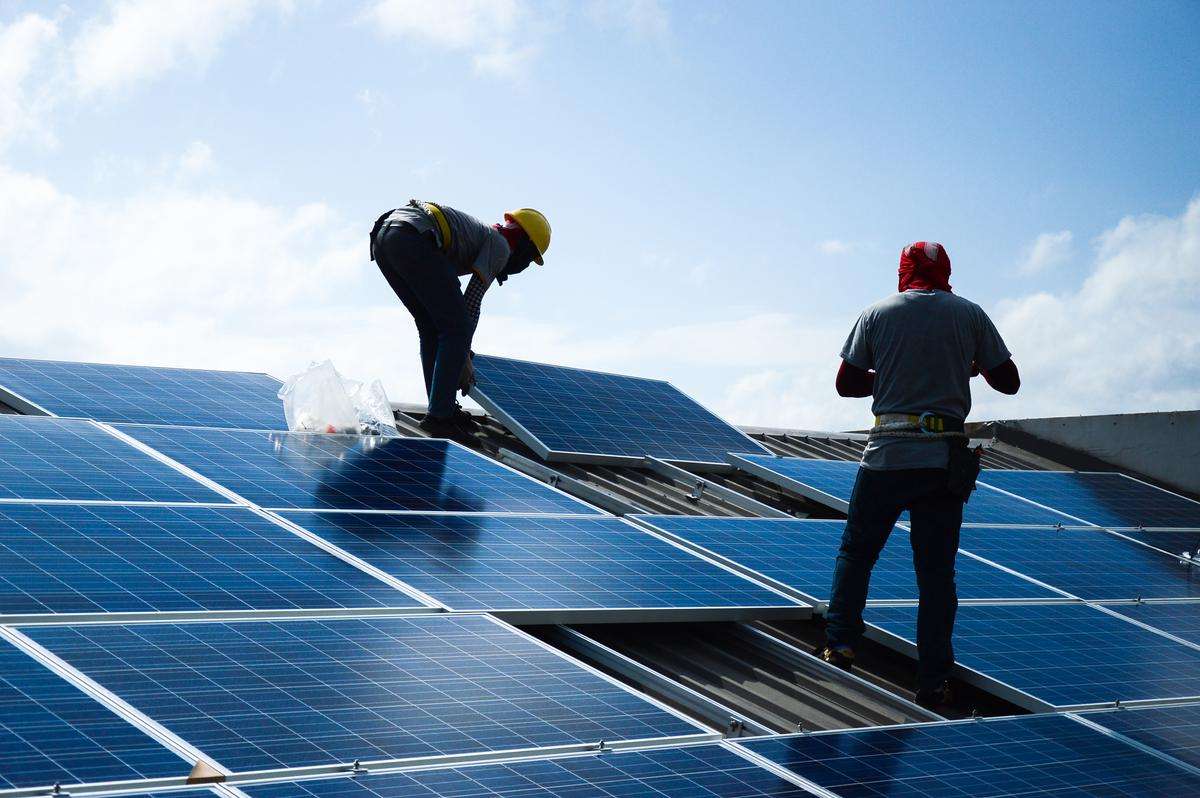
Mar 18,2024
Seems like you want to upgrade your electric consumption system. Since sustainable energy is taking over the entire world, many consumers are switching to solar panel systems. This will make them independent, and no such electric bill will bother them again. People are learning how to set up solar power systems, which is possible through a trained contractor. All you can do is purchase it and let the expert install it for your ease. Only an electrician knows how to set up this system because power limitations have to be considered. If you are thinking about that, here are some considerations you need.
First, you must get a permit because every locality has rules and regulations to follow. A solar system needs a license since some authorities must ensure no safety issues when installing it. Some places have limitations because their authorities might not allow it, or you may have to follow some procedures to install solar systems at your place.
Then comes the budget, which you must consider when buying a solar system. The budget is one of the primary factors you must consider. You will have to analyze the overall cost to determine which system will be affordable for you. It includes each cost, from purchasing the panels to installation.
The location of a property will decide the efficiency level of panels. The higher the intensity of sun rays on the panels, the higher the electricity production will be. When installing solar panels, you will have to choose a location. If it is in an open area where the sun rays can easily approach the panels, that will be great. Otherwise, your panels will fail to absorb the sunlight.
The climate where you live should align with the solar panels. If you live in a region where the weather is cloudy most of the time, getting a good response from panels will be very challenging. However, if you live in a sunny region where the sun's rays are mostly intense, that will be a perfect place.
If trees and buildings surround your place, your purpose of solar rooftop installation might not meet its objectives. If these obstacles block the sun's rays, there will be low outcomes in poor energy absorption. You will have to change the location or change the surroundings.
If your sunroof is inclined, it will get a high intensity of rays. Sunrays will strike the panels, which will result in a higher amount of solar energy absorption. So, if your roof is not inclined, you will have to make some adjustments accordingly. Some houses have a natural inclination on the roof, and some don't.
Your roof must be inspected before you go for a solar system fitting. The reason is its life and endurance level, which might not bear the load. So, you will need to measure the size and endurance level before going for the installation process. Do the repairs to ensure that it can bear the load of panels for decades.
You will find many suppliers and types of solar panels in the industry. You will have to analyze the panels' energy absorption range, consumption limit, and durability. Their weather resistance level will also be included.
When buying solar panels, you should consider a warranty. That will keep you on the safe side in case anything happens to the panels. In this case, you should purchase from a supplier who offers a warranty.
You will have to hire a contractor to design and install a solar system without any errors. The wiring and connections of all the appliances running on it will be important. The load distribution is part of it, and the contractor will design everything to manage the DC And AC.
Since you will hire a contractor, there must be a safe wiring setup and a water drainage system on the roof to avoid accidents. There are many solar installation problems, with hot spots, cells, and wiring setup being common issues. Make sure to install them by eliminating issues related to rainwater drainage and safe wire attachment.
The energy consumption depends on how many appliances you connect. The load management must be according to the number of panels installed. An electrician or contractor installing the setup can help you with that. However, you will have some basic information about how many panels your property requires.
Likewise, you will have to use high-quality batteries to withstand continuous usage. Before that, you must do a complete solar panel evaluation to judge that. Purchase batteries compatible with your type of solar panel to get the desired output.
You will also have to perform maintenance because it affects performance. If you replace batteries or damaged cells on time, productivity will meet its optimum level.
When your solar panel system generates more electricity than your consumption needs, you can sell it to the local grid station. Many users avail of this benefit. People who own such technology can earn money by supplying excess electricity to local authorities.
That was all about the solar panel system; you probably understood much from it. Whether you are purchasing or installing it, try to find an expert because safety is a priority.
Powered ByTradeWheel.com